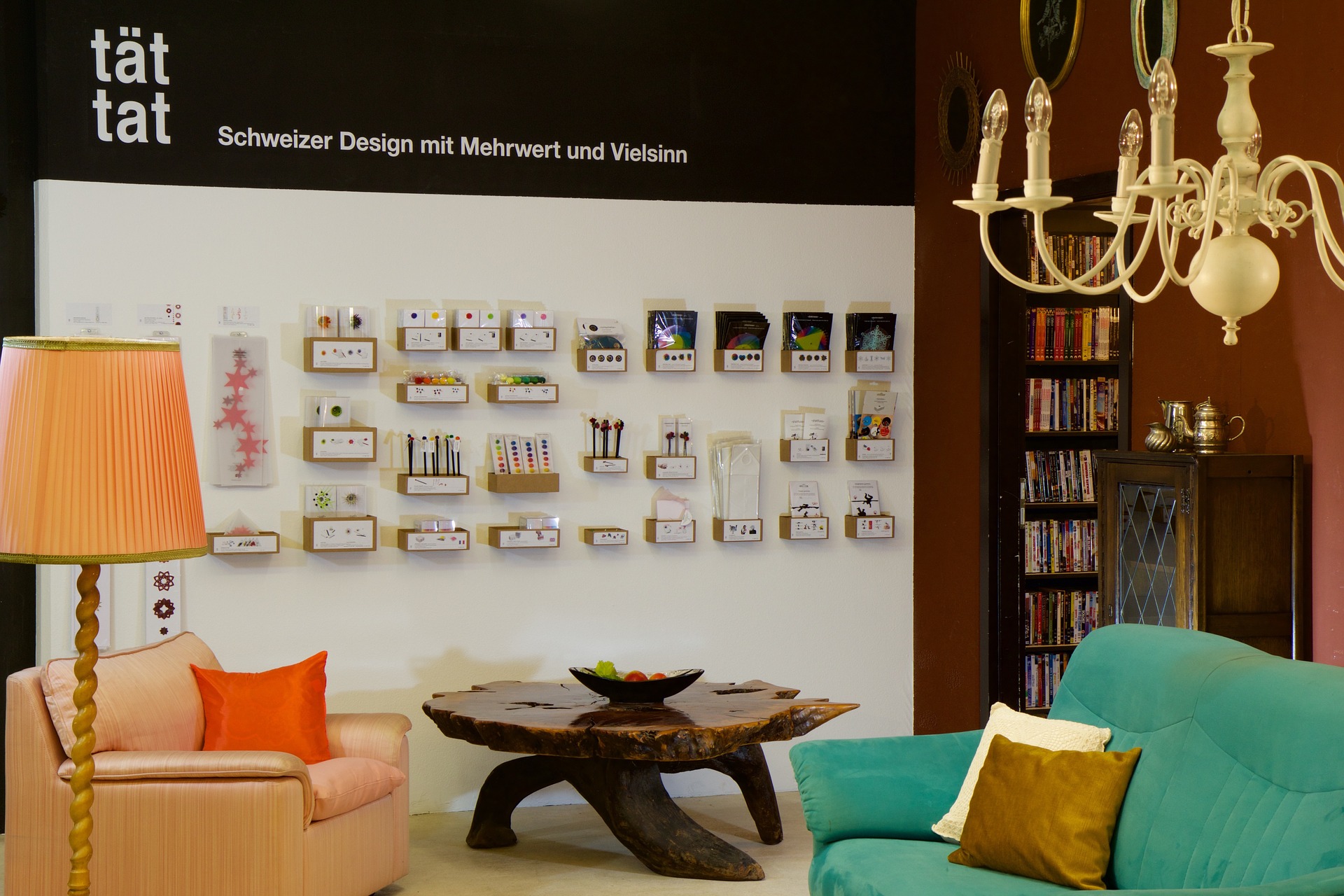The furniture startup LUN by Theresa Horn and Mike Knoll specializes in modular furniture that grows with the needs of families over the years. With their sustainable business idea, the founders want to set a counter trend to disposable and fast furniture.
The idea for LUN sprang from a painful personal experience that Theresa Horn and Mike Knoll had to make during a move. At that time, Horn complains, they were faced with the decision to either carry a piece of furniture painstakingly as a whole, or to dismantle it with the risk of damage.
Horn, who studied Industrial Design at the Linz Art University and designed LUN as part of a university project. She stated that, “It hurt me to see my bed almost in the dump. It was not designed to be set up and dismantled several times.”
Needs of children change
Ideas for how to solve this problem unfolded in the minds of the creative duo. The she had a thought. At the same time she remembered a faithful companion of her relocations, an old vintage table whose legs could simply be screwed on and off with wooden threads.. After research and numerous discussions, she realized that the use of modular furniture was particularly suitable for families. The reason for this is the change in needs, especially those of children.
Connector as a core element
Horn explains, the core element of LUN is a connector. It not only makes it possible to convert one particular piece of furniture into another, but also creates endless possibilities for composition. Despite the initial conception for families, the design with its simple style is also conceivable for other living groups. In addition, the material of the furnishings are targeted pollutant-free and selected only from certified wood.
There is hardly any innovation in the furniture industry
According to Horn furniture is changed around every five to eight years, although some of them are still okay or could be repaired. Many are also imported, which is contrary to the idea of sustainability. In contrast to how often new furniture is bought, the number of innovations in the furniture industry is below average. The need for new and modern living concepts, as well as lifestyle innovations, is well on the market. This means a great opportunity for sustainable furniture. Through urbanization and the increasing mobility of consumers, a market for multi-functional furniture, which can be flexibly used and freely combined, is also created.
Advantages over Fast Furniture
Here, according to the founders already the advantages over Fast Furniture is, it is light. Their focus is on longevity. Of course, something can always happen, no matter how high the furniture may be. The advantage with them is, however, that a lot can be repaired due to the use of solid wood. However, if a repair does not work, the damaged part can be rebuilt.
Transporting furniture in a backpack
The name LUN itself comes from Danish and means comfortable or warm. According to Horn, this is a fitting term, because the material combination of wood and textile in particular creates the special charm of the piece of furniture. By this assembly, the furniture also has a much reduced dead weight. She commented, if it comes to setting up or dismantling, the connector from a traditional wood thread allows the furniture quickly, without tools or instructions up or dismantle. Once disassembled, it can be packaged in a backpack and transported by a single person.
Customers can purchase individual items
In early stage of the startup, it is possible to buy a basic package and then upgrade it. In addition, customers can purchase individual items separately. The founder stated, if certain elements are no longer needed, for example because none of the children have to be wound, it is possible to return the parts to LUN again. If new elements are needed, it is possible to choose between new or used, but less expensive elements. This should promote the idea of sustainability.
Cooperation with Roomle and MHC
The founding duo has yet to show any form of financing, but could secure other support. In cooperation with the digital furniture platform Roomle and the MHC (furniture and timber construction cluster) Upper Austria, a first prototype was realized. With the help of local carpenter Wittmann Scharnstein they were able to build a first prototype, which was exhibited last year at the “BEST OFF” Art University Linz and the Design Days. The input generated there concerning the prototype is currently being integrated into the version of the next piece of furniture.
Next goals of LUN
The next goals of LUN are the creation of a homepage and the development of a distribution strategy, which should include a furniture online configuration system. Horn and Knoll are currently looking for producers and financing partners. In May 2019, they will be presenting their innovative furniture concept at the Küchenwohntrends trade fair and at the young designer exhibition design lovers in Salzburg.

